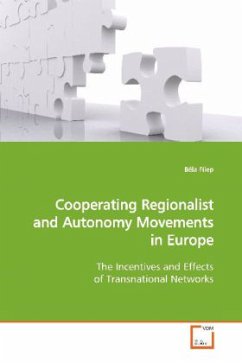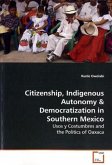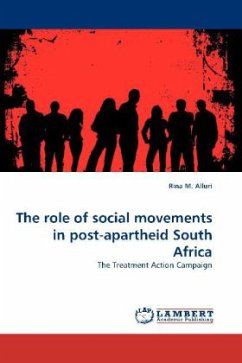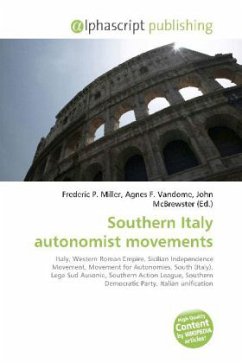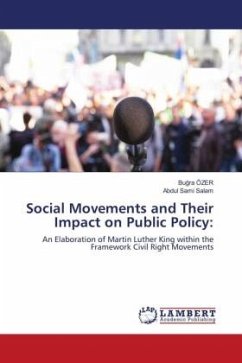This book analyses the cooperation of regionalist and
autonomy movements in Europe by focusing on the
incentives and effects of the transnational networks
these movements have established. Specifically, the
book looks at two movements in Transylvania, a
Hungarian autonomy and a Romanian regionalist
movement. Firstly, the analysis proves that the two
movements are well interconnected transnationally.
They use transnational networks as a platform for
exchange of experience, (strategic) knowledge and
information and perceive them as an instrument to
increase their bargaining power at the supranational
level, namely the EU. Secondly, the inquiry shows
that the type of cooperation particular movements
choose depends on the size of the movement, the
(ethnic) domestic support it enjoys and its external
lobbying actors. Thirdly, the book points out that
the cooperation has learning effects on individual
movements, in conceptual terms and with regard to the
acquirement of strategies to galvanize external help
and to fight the own government. Moreover, the EU s
promotion of regionalism and the principle of
subsidiarity has had effects on the activities and
the activism of the two movements.
autonomy movements in Europe by focusing on the
incentives and effects of the transnational networks
these movements have established. Specifically, the
book looks at two movements in Transylvania, a
Hungarian autonomy and a Romanian regionalist
movement. Firstly, the analysis proves that the two
movements are well interconnected transnationally.
They use transnational networks as a platform for
exchange of experience, (strategic) knowledge and
information and perceive them as an instrument to
increase their bargaining power at the supranational
level, namely the EU. Secondly, the inquiry shows
that the type of cooperation particular movements
choose depends on the size of the movement, the
(ethnic) domestic support it enjoys and its external
lobbying actors. Thirdly, the book points out that
the cooperation has learning effects on individual
movements, in conceptual terms and with regard to the
acquirement of strategies to galvanize external help
and to fight the own government. Moreover, the EU s
promotion of regionalism and the principle of
subsidiarity has had effects on the activities and
the activism of the two movements.
